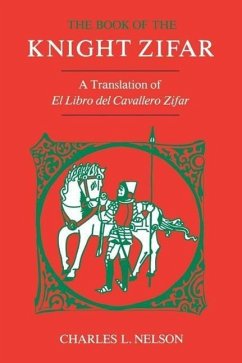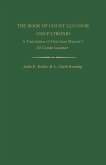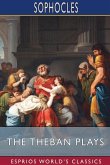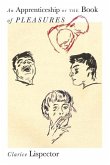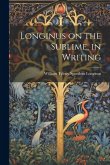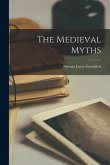The Book of the Knight Zifar (or Cifar), Spain's first novel of chivalry, is the tale of a virtuous but unfortunate knight who has fallen from grace and must seek redemption through suffering and good deeds. Because of a curse that repeatedly deprives him of that most important of knightly accoutrements - his horse - Zifar and his family must flee their native India and wander through distant lands seeking to regain their rank and fortune. A series of mishaps divides the family, and the novel follows their separate adventures - alternatively heroic, comic, and miraculous - until at length they are reunited and their honor restored. The anonymous author of Zifar based his early fourteenth-century novel on the medieval story of the life of St. Eustacius, but onto this trunk he grafted a surprising variety of narrative types: Oriental tales of romance and magic, biblical stories, moralizing fables popular since the Middle Ages, including several from Aesop, and instructions in the rules of proper knightly conduct. Humor in the form of puns, jokes, and old proverbs also runs through the novel. In particular, the foolish/wise Knave offers a comic contrast to the heroic Knight, whom he must continually rescue through the application of common sense. Zifar was to have an important influence on later Spanish literature, and perhaps on Cervantes' great tale of a knight and his squire, Don Quixote. All those with an interest in Spanish literature and medieval life will be grateful for Mr. Nelson's excellent translation, which brings to life this extraordinary early novel.

